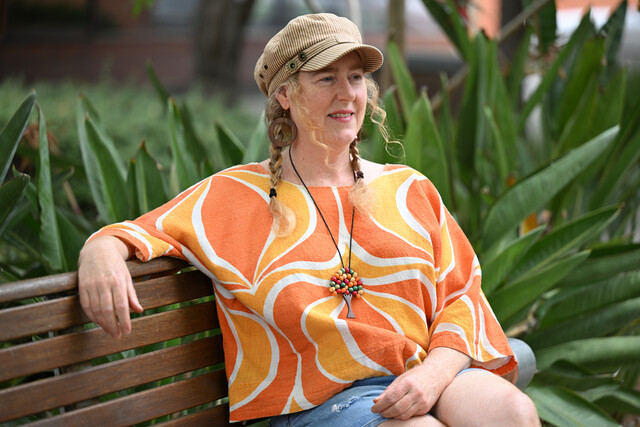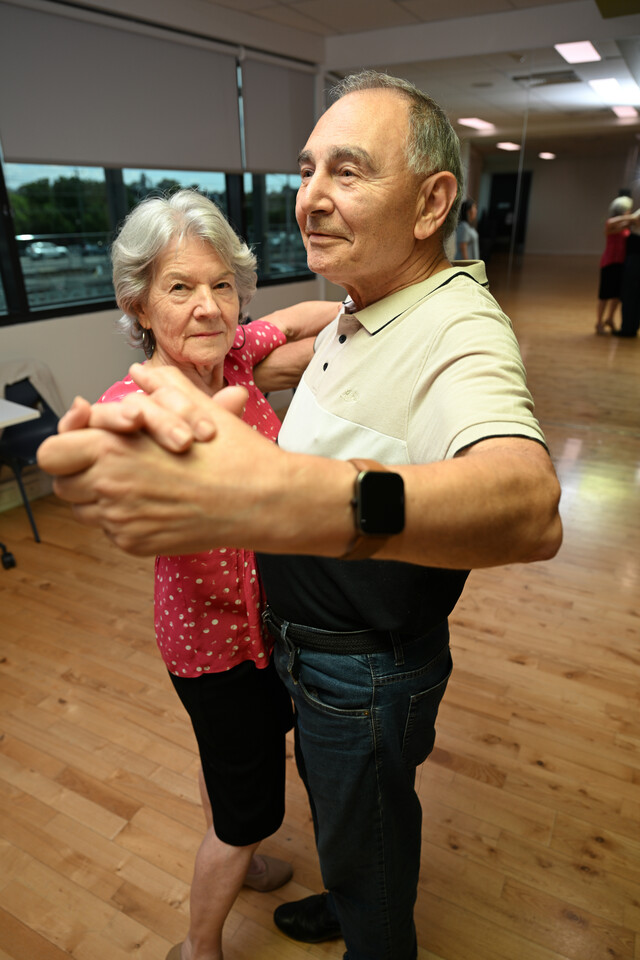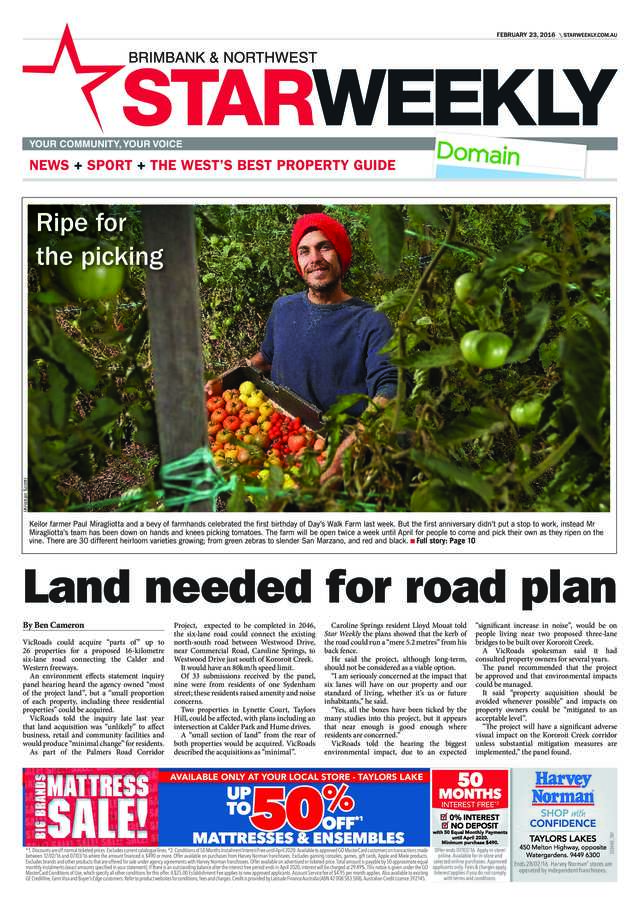Do you get hot under the collar when you see examples of rude and selfish parking? Like the people who park so badly they effectively take two spaces. Or people who park so close you can’t open your door enough to get in. Or those who bash their doors into your paintwork.
The worst, of course, are able-bodied people who park in disabled spots. I always challenge these people when I see them and they always do one of two things. Occasionally they say they’re in a huge hurry and they’ll only be a minute, and they canter off into the shops like someone’s dying in there. Most times, they just flip me the bird and saunter away.
One considers all sorts of options for such folk. Like removing their number plates. Or their gearbox for that matter. One never does.
Oh, but a sweet new solution is coming. It involves no risk, it’s legal and it will make you feel good for days. Yep. There’s an app for it.
Or there will be shortly in Texas. And I have absolutely no doubt that when councils here get wind of it, they’ll be onto it in a flash.
A non-profit organisation called Parking Mobility, run by and for disabled people in Texas, operates a website where people can upload photographs of cars violating the rules. The authorities in the relevant area are notified and, if a fine results, the person reporting the offence can nominate a charity to which a portion of the fine is paid.
A bit also goes to Parking Mobility to fund the service.
For several years they’ve been working with relevant parking authorities on an app to handle all this automatically, and it’s being tested in the city of Austin. If you see an offending vehicle, you take up to three photographs with your phone and press send. The data is sent to whoever it is that issues tickets and, voilà, one more cheat is busted.
They take disabled parking seriously in Austin. First offenders are fined $500 and, while many Australian municipalities have even tougher fines than this, it gets interesting in Austin when someone commits their second offence. This is when community service orders kick in.
But the project director, Mack Marsh, says the primary aim of the app is not to punish offenders. “The whole purpose is to tie technology to public education,” he says. “The goal is to educate people about the importance of accessible parking.”
In Canada there’s an app on the drawing board using much the same methodology to do much the same thing, but covering all parking offences. And it would reward those reporting them with a portion of the fine.

















